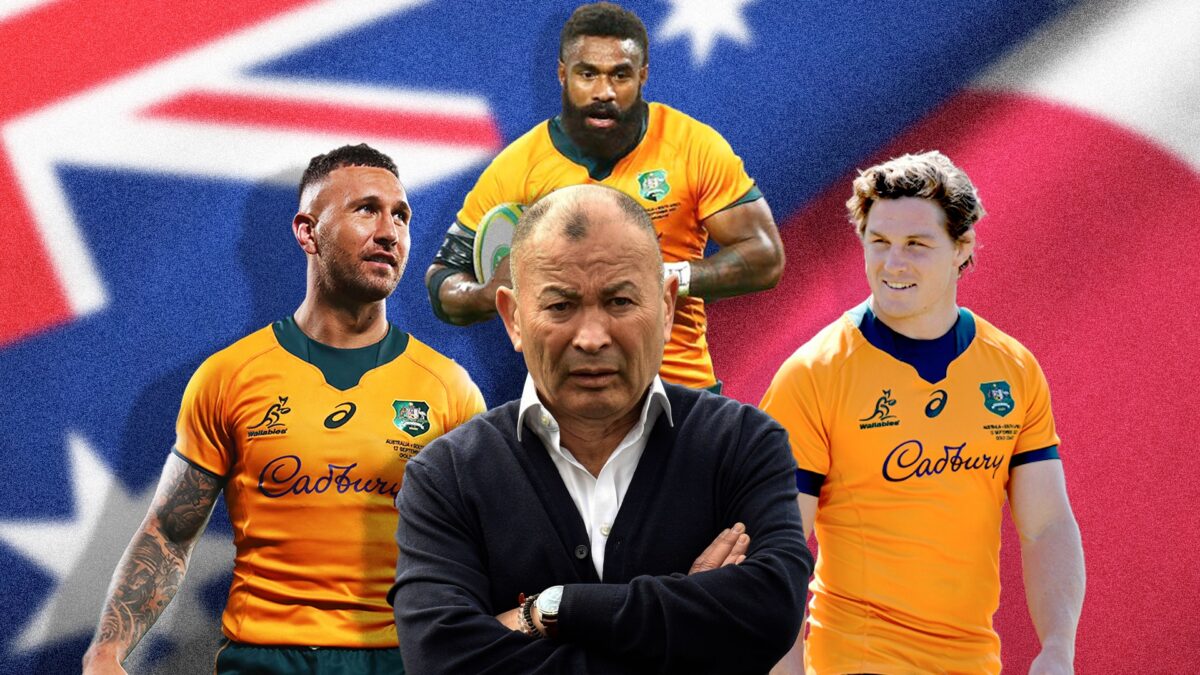With more and more Australian players making the decision to join Japanese Rugby League One (JRLO) this season, we look at the reasons why so many players are moving overseas and what it means for Australian rugby in a World Cup year.
Rugby is a sport with immense global appeal and, through fierce rivalry and healthy competition, has served to solidify deep and rich cultural connections between Australia, New Zealand and Japan for decades. Both Australian and New Zealand rugby have been instrumental in the overall development of Japanese rugby, promising exchanges of players and coaches to ultimately raise the standard of an exciting and emerging league.
Whilst considered a prestigious sport on the international stage, rugby certainly doesn’t have the same commercial and buying powers as football, tennis or even NRL, for example. And it’s certainly not making any billionaires like the NBA…
But now, with more and more international Wallabies, All Blacks and even South African Springboks all swapping their national leagues for the increasing allure of JRLO, questions are being raised about these rugby union’s ability to retain their country’s best players.
Why are players making the switch to Japan?
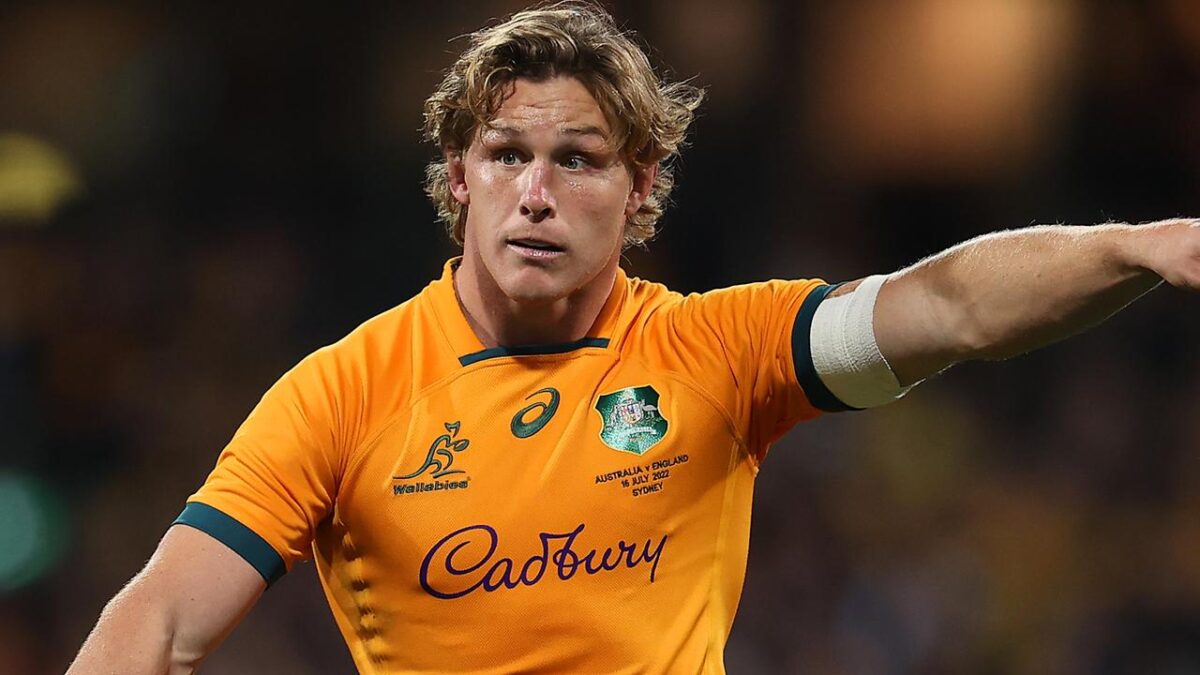
In recent years, Japan has emerged as a strong up-and-coming rugby-playing nation; with substantial pay packets, an increasingly competitive league and the chance to experience a new culture, all contributing to the allure many players are experiencing when considering moving overseas.
“The decision to go overseas was an easier one. It’s also allowed me to assess and and reflect on some of the things I was doing there, how to see a game differently and to fall back in love with rugby again.”
Bernard Foley
Players such as Quade Cooper, Bernard Foley and even Michael Hooper – albeit temporarily – have all made the decision to play their rugby overseas instead of on home soil, risking international selection in the process.
And it’s not only Wallabies, but a record number of All Blacks will play their footy in Japan from next year, joining a string of high-profile South African Springboks in making the switch to JRLO. This year alone, Hurricanes captain Ardie Savea has announced he’ll play in Japan after the World Cup, joining Crusaders fly-half and Super Rugby stalwart Richie Mo’unga, who has signed with Toshiba Brave Lupus on a multi-year deal. His reasons for doing so were clear: “You come over here to make some good coin. It’s important for them and their families also.”
“Plain and simple – to set up my family. The money’s good, I’m not going to lie.”
Ardie Savea
Whilst Foley, Savea and Mo’ounga’s admissions are refreshingly candid, they’re not the first notable names to shine a light on the disparity of earnings at the top of elite rugby, who willingly trade in the chance of an international call-up for bigger pay-outs abroad.
Japan: rugby’s premier holiday destination?
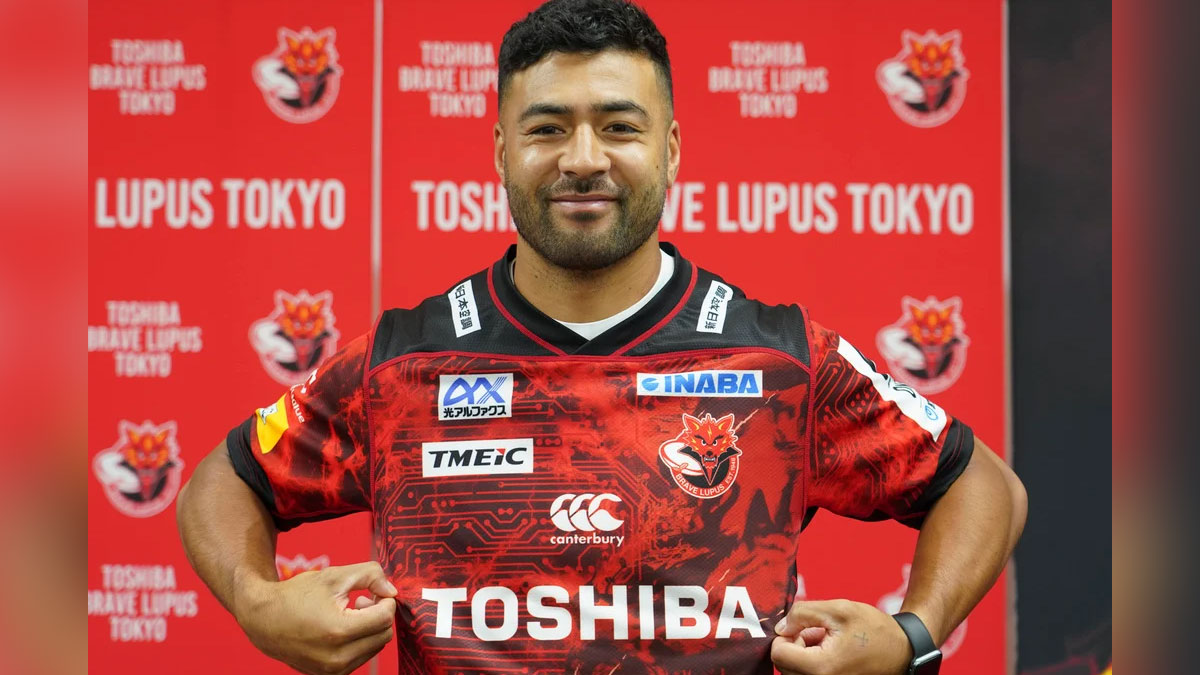
It’s also important to consider the kind of season that players can expect to play in Japan – it’s considerably shorter and arguably less physical than Super Rugby Pacific – with some suggesting that the lack of intensity of the JRLO allows players to rest and avoid serious injury compared to other leagues.
But Japan is still a Top 10 rugby nation, claiming huge victories over Uruguay last year to make a statement on the global stage and prove that its players can compete at the highest level of Test rugby. Of course, the standard is lower than in other leagues, but it’s improving.
“There’s a mix of players wanting to represent their country and have a good crack at the international level, but they’re also left with a decision around life after footy, understanding that there’s not a big period of time that you actually do play rugby.”
Richie Mo’unga
Japanese rugby could also prove to be a satisfying stomping ground for players in search of minutes and looking to improve their game. You only have to look back as far as 2021 for the colossal Marika Koroibete, a player who greatly benefitted from a stint in Japan, attributing his improved international performances with Australia to his time spent with the Saitama Wild Knights. Koroibete still plays with Wild Knights in JRLO, narrowly missing out on the Division 1 title this year.
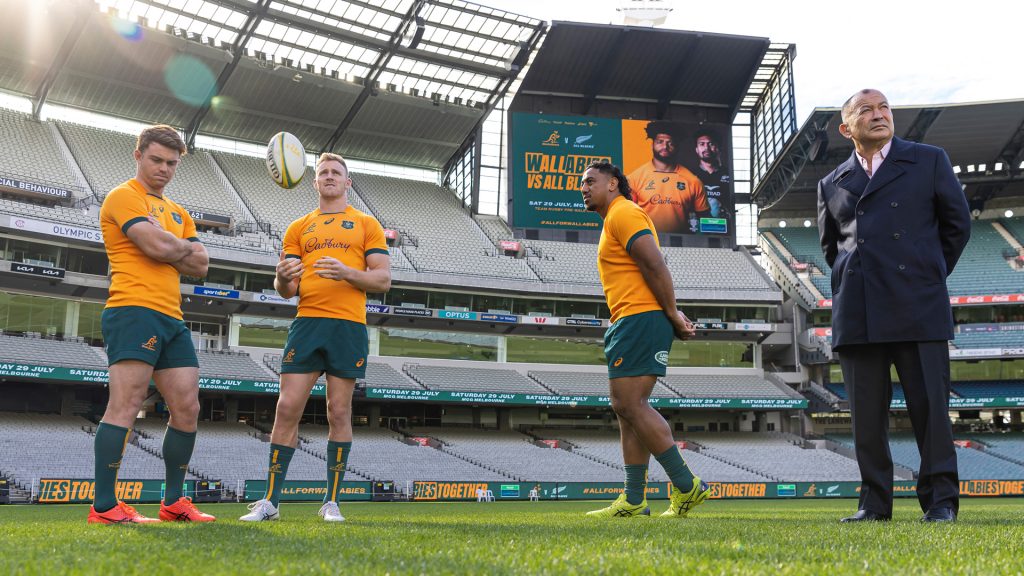
But the increase in multi-year deals for Australia’s best players and strict rules regarding international selection for players overseas could prove detrimental on the international stage if more players consider making the switch, especially during a World Cup year.
What is the Giteau Law?
The Giteau Law allows the selection of three overseas players in the Wallabies squad. It’s named after Matt Giteau, who caused the rule change when Rugby Australia wanted to quickly swipe him and fellow back Drew Mitchell from French teams for the Wallabies ahead of the 2015 World Cup.
With new Wallabies coach, Eddie Jones set to name his squad for the upcoming Rugby Championship, tough decisions will have to be made on overseas players given the finite number of spaces available.
Eddie Jones and Japanese rugby
Jones is one of the best rugby coaches in the world and was considered a huge appointment when he was released by England earlier this year. Known for his aggressive, high-tempo attacking style that proved so successful with England, winning three Six Nations and dominating the 2019 World Cup, falling short in the final to a dominant Springboks side, it was with Japanese rugby that Jones plied his trade.
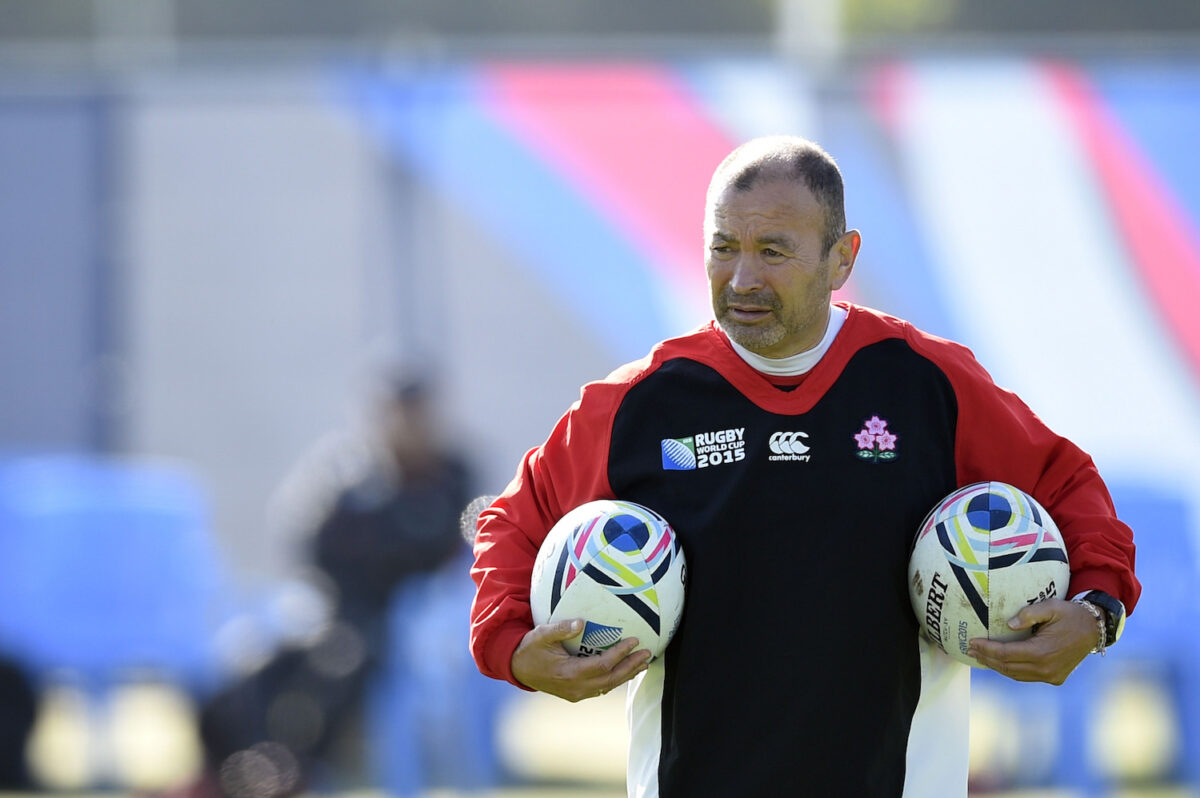
Between the years of 2012-2015, Jones adopted his signature attacking style to deal fatal blows on the global stage, downing South Africa in the 2015 World Cup to make the rugby world sit up and take notice. Jones instilled hard work and a resilient attitude into his Japan team – values that are carried into the national team and JRLO today.
Now, as Wallabies boss, the connection he shares with Japanese rugby exists still, and while questions may remain over the increased allure of JRLO, I wouldn’t be surprised to see Jones searching the Japanese League once more for his Wallabies squad, to put his team in the best possible shape ahead of a hugely significant World Cup year.
